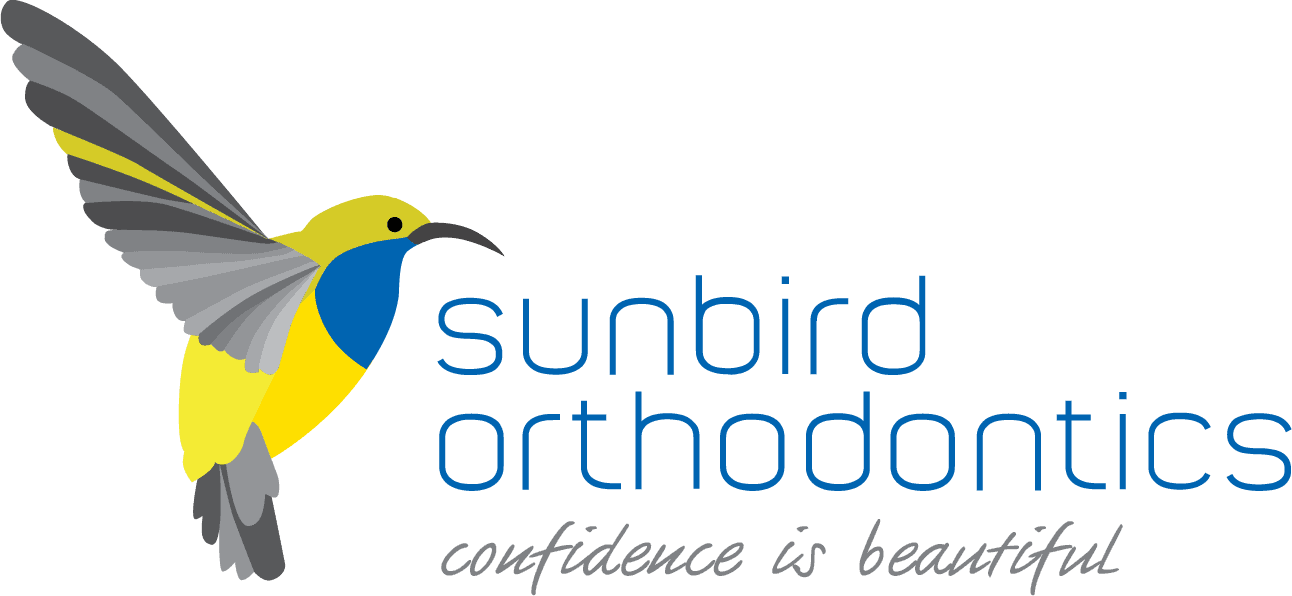Interceptive Orthodontics – Why and When
Do you remember a young child who had interceptive orthodontics such as braces at a young age, and thought to yourself….WHY?
As an Orthodontist, I routinely see young kids developing serious orthodontic problems at an early age. Indeed, that is why I strongly recommend that every child sees a Specialist Orthodontist around 9 years old.
Many of these problems, like over crowding or overbites, are sometimes best left until the child has lost all the baby teeth. Then we can intervene with orthodontic treatment.
However, there are a few very common problems that I believe should be addressed early, to reduce the chances of needing complex orthodontic treatment later in life.
In a previous blog (March 2016) I spoke about the problems which can arise from adult canines. This blog will concentrate on the development of cross bites.
Cross bites occur when the teeth come through the gums, then bite on the opposing tooth the wrong way round.
The reasons why cross bites occur may be a minor developmental problem. Other cross bites can be a sign of a more serious problem with the growth of the jaw bones.
Cross bites at the front of the mouth (anterior cross bites) are easy to see, and usually detract from the child’s appearance. Mum’s usually hate this!
Cross bites at the back of the mouth (posterior cross bites) often go completely unnoticed, but they are very important to detect.
Failure to detect and treat cross bites can sometimes lead to facial asymmetry and underdeveloped jaw bones.
Luckily most cross bites can be corrected around the time that they happen, allowing the jaws to continue growing normally. Often, a short period of time wearing a plate, or orthodontic fixed braces, can correct the problem quickly and easily.
In many cases interceptive orthodontics can reduce the need for complex orthodontic treatment, once all the adult teeth have come through.
In summary:
- As soon as cross bites occur, interceptive treatment should be carried out.
- This often reduces the need for complex orthodontic treatment later in life.
- Specialist Orthodontist can detect the problems that need to be fixed early.


